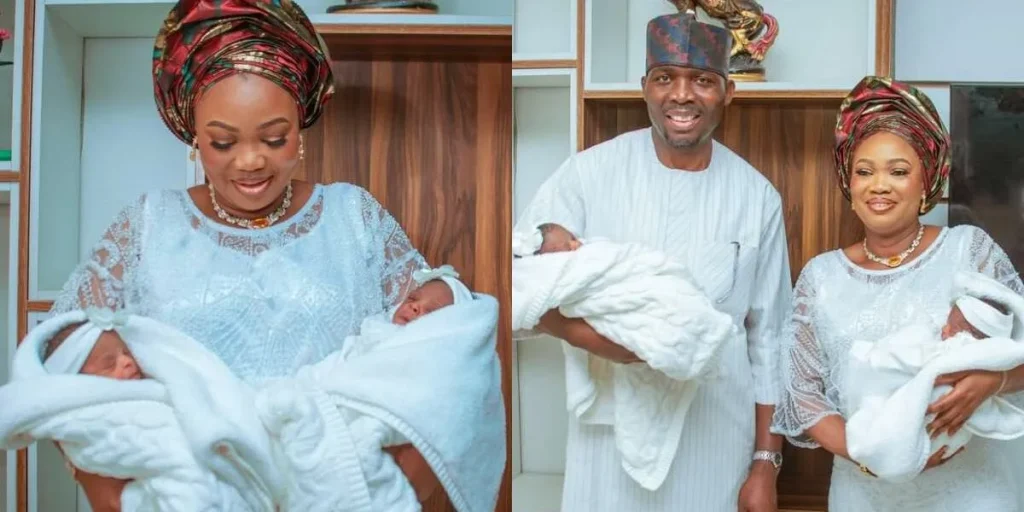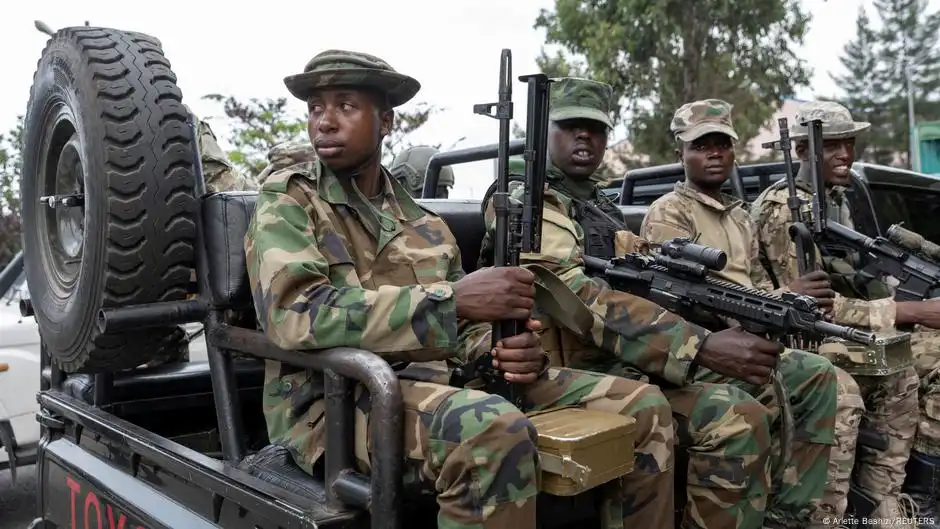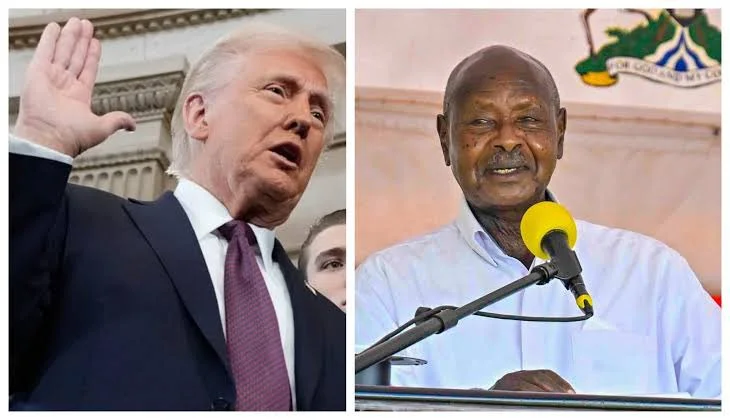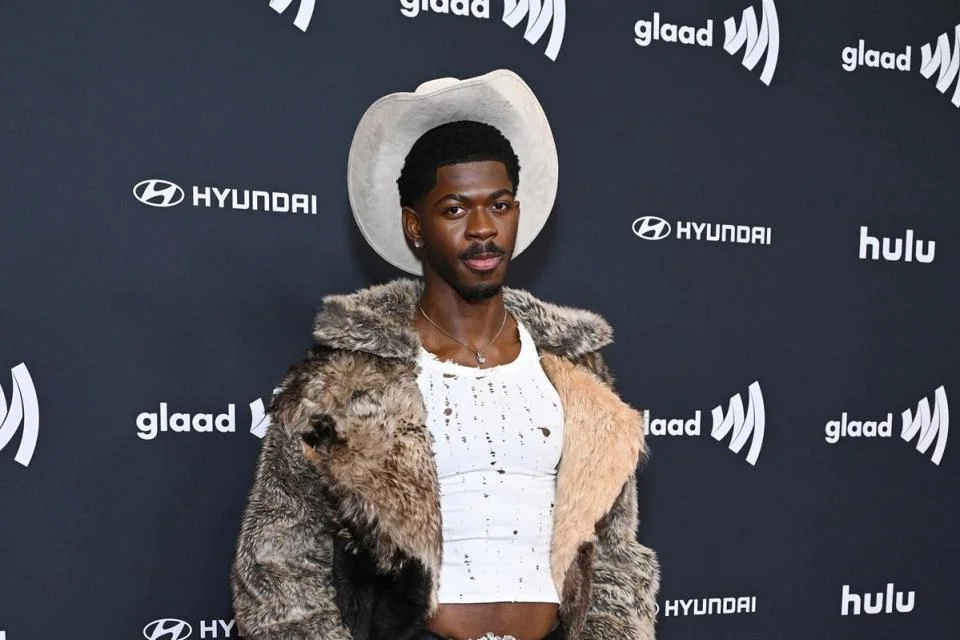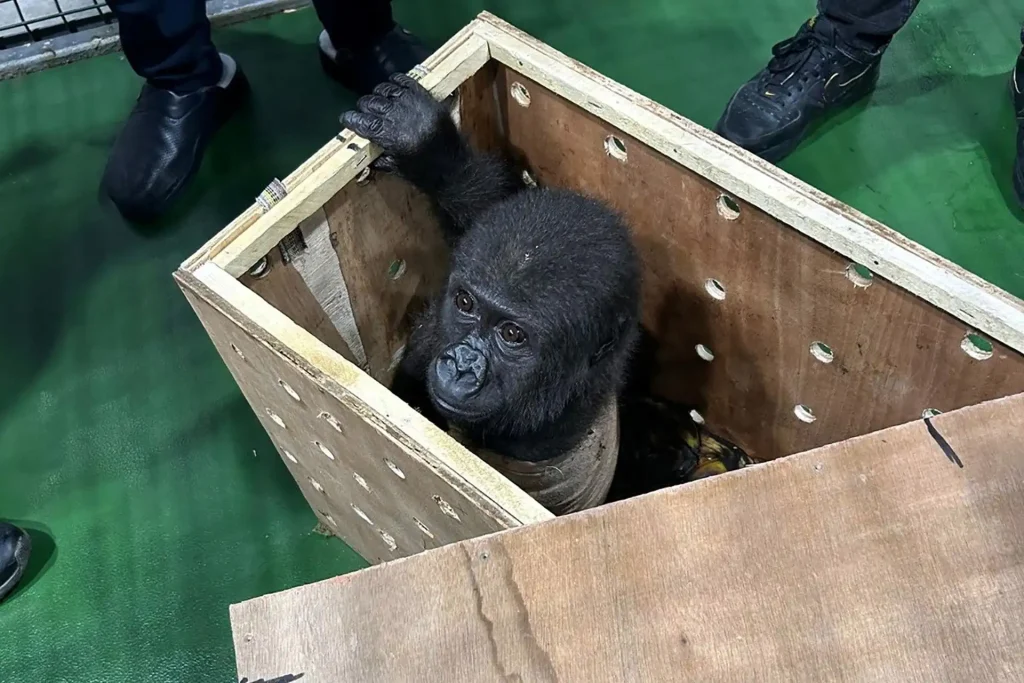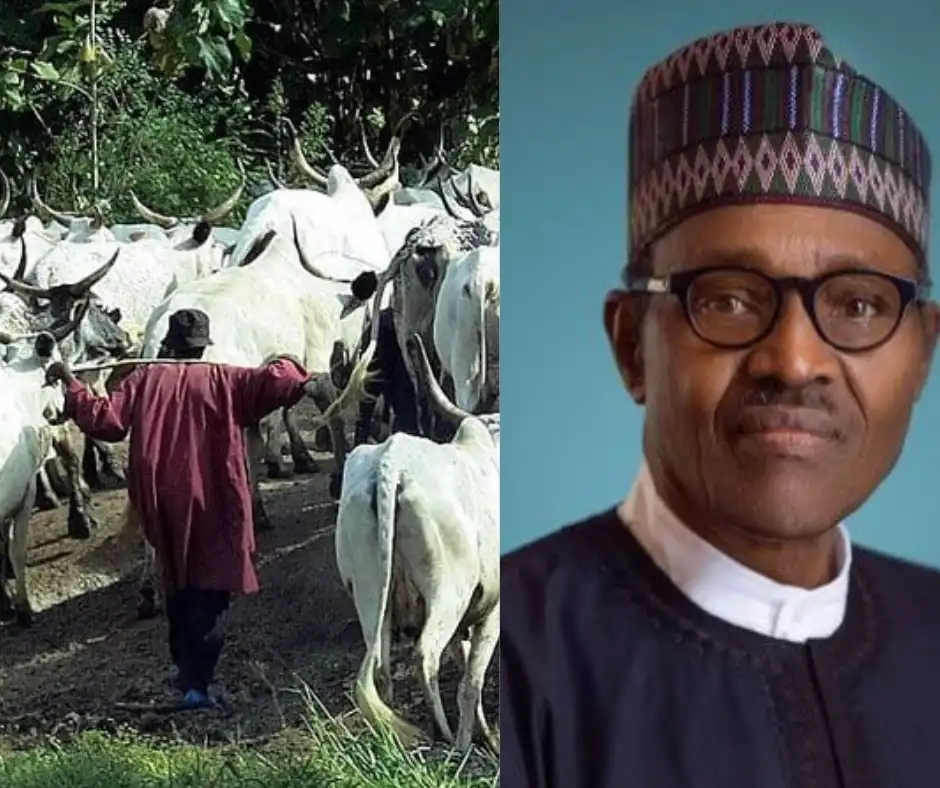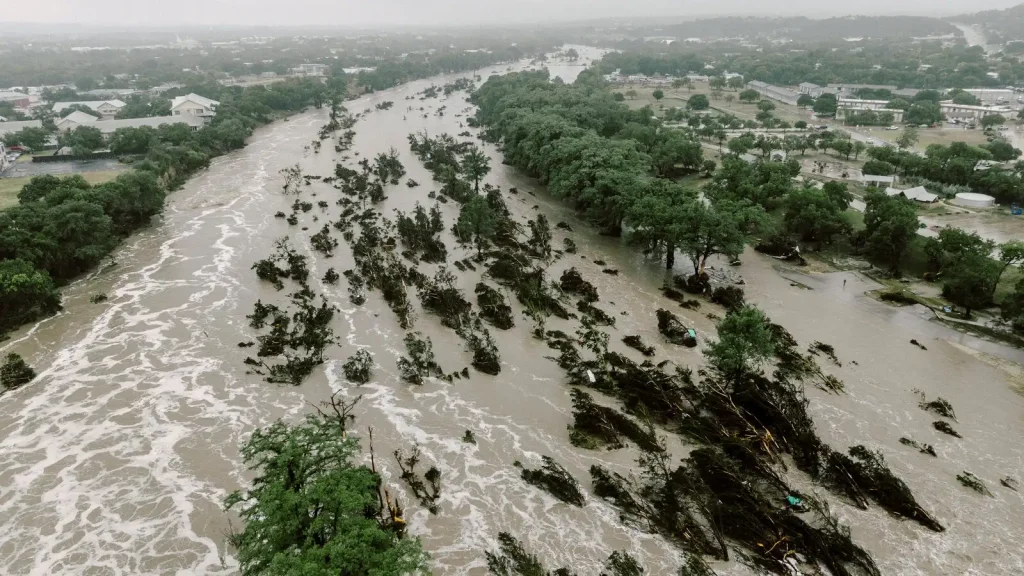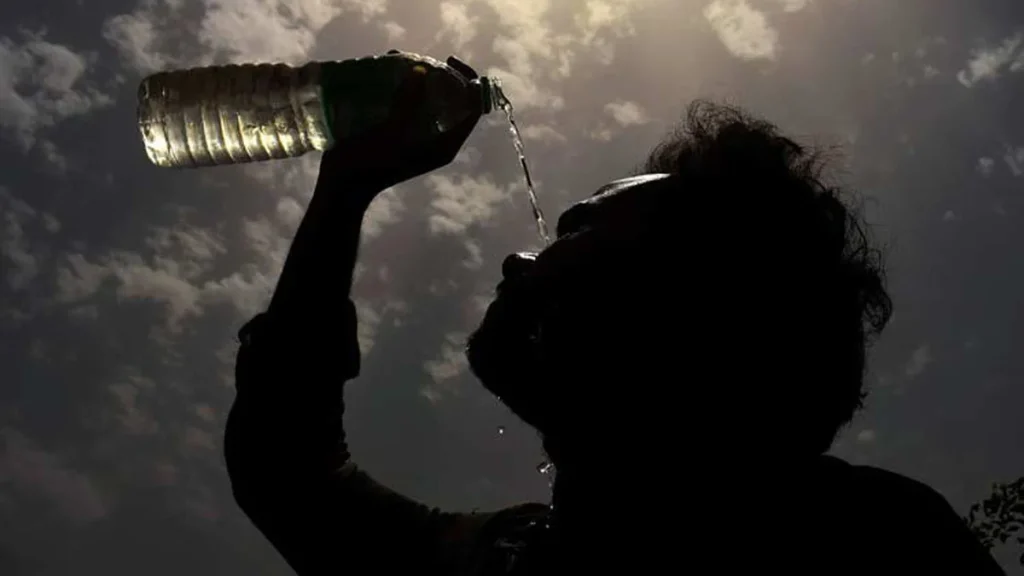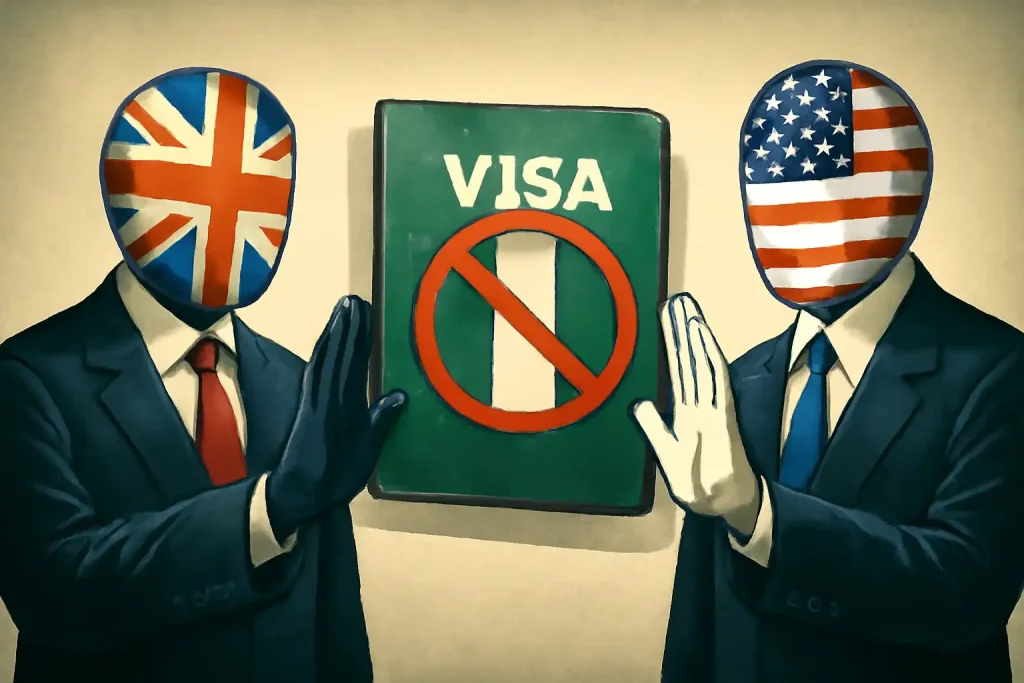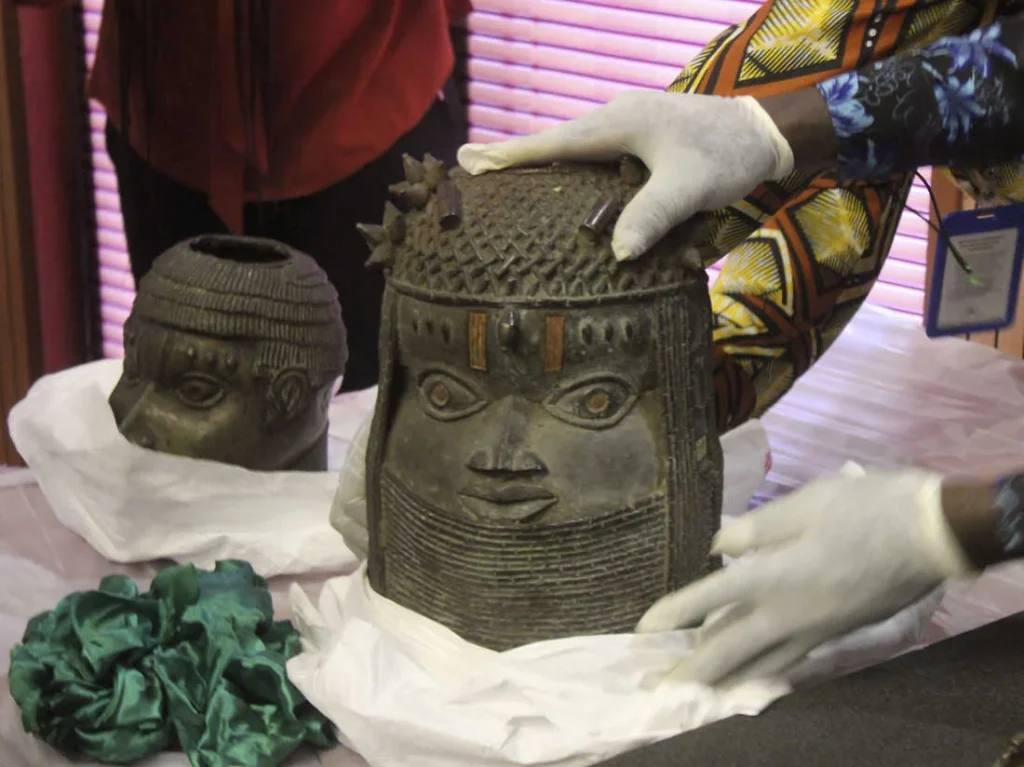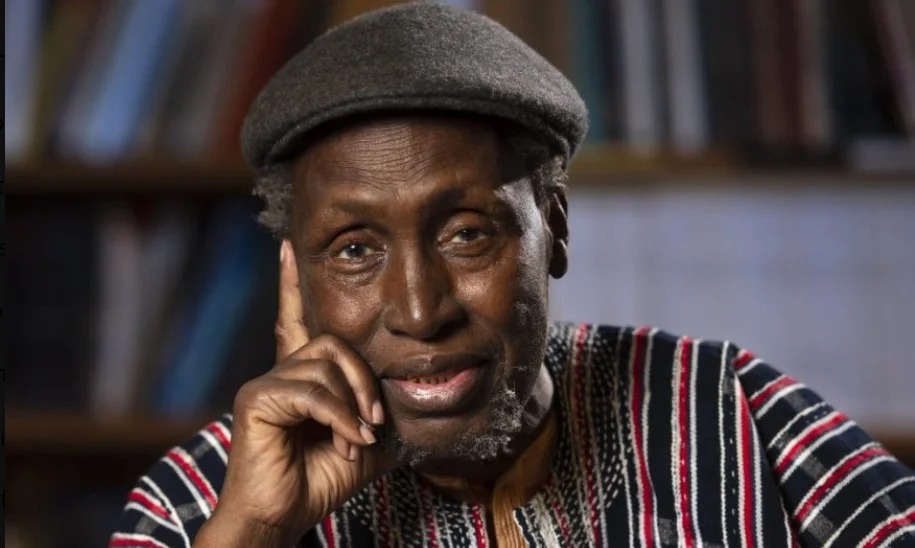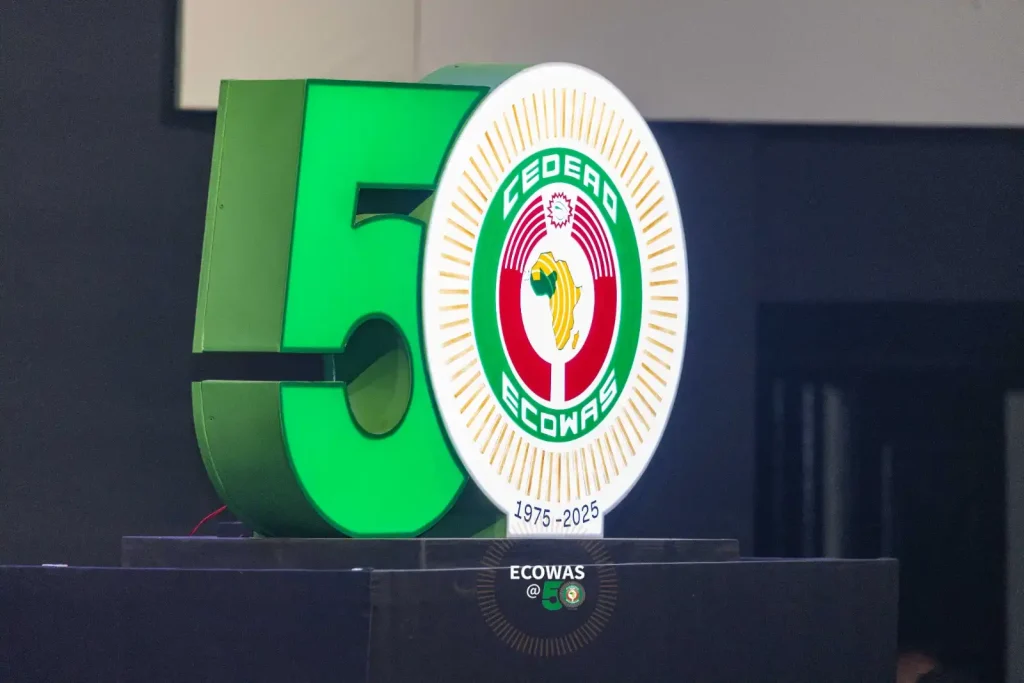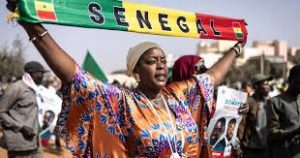 In early 2021, Liberia’s political landscape was characterized by rising tensions and increasing calls for accountability within the government. The situation escalated as protests against President George Weah’s administration gained momentum, driven by public dissatisfaction over worsening economic conditions, high unemployment, and persistent allegations of corruption.
In early 2021, Liberia’s political landscape was characterized by rising tensions and increasing calls for accountability within the government. The situation escalated as protests against President George Weah’s administration gained momentum, driven by public dissatisfaction over worsening economic conditions, high unemployment, and persistent allegations of corruption.
The political atmosphere reached a critical point in January 2021 when opposition groups orchestrated mass demonstrations, demanding President Weah’s resignation. Protesters voiced frustration over the government’s inability to tackle pressing issues affecting everyday Liberians, such as inadequate healthcare, deteriorating infrastructure, and rising inflation. Law enforcement responded by deploying heavy police presence to maintain order and prevent the protests from turning violent.
In the face of these protests, President Weah called for national dialogue, appealing to Liberians for patience while his government worked to implement key reforms. Acknowledging the challenges facing the nation, Weah reassured citizens that his administration was dedicated to improving the living conditions of all Liberians. The government emphasized its focus on economic recovery, specifically targeting infrastructure development and job creation as priorities.
Corruption remained a major issue shaping Liberia’s political landscape. The release of an audit report revealing significant financial mismanagement across various government agencies added to the criticism against Weah’s administration. Opposition leaders demanded further investigations into these discrepancies and called for greater transparency and accountability from government officials.
The political climate in Liberia was also shaped by the anticipation of the 2023 presidential elections, with opposition parties like the Liberty Party and the Collaborating Political Parties (CPP) working to consolidate their efforts to challenge President Weah’s re-election bid. The opposition aimed to present a united front, capitalizing on the growing public discontent to offer a credible alternative in the upcoming elections.
The country’s political situation was also influenced by regional instability, particularly unrest in neighboring countries. Observers highlighted Liberia’s turbulent history of civil conflict, raising concerns about the potential for violence if political grievances went unaddressed. There were growing fears that unresolved tensions could lead to further destabilization.
Civil society organizations and international partners played a critical role during this period, calling for peaceful dialogue and urging all political actors to engage in constructive conversations that would promote national unity. These groups emphasized the importance of maintaining democratic institutions and fostering a peaceful resolution to the political crisis.
In conclusion, Liberia’s political landscape in 2021 was marked by increasing public dissent, demands for government accountability, and preparations for the upcoming elections. How President Weah’s administration addressed these challenges would have a profound impact on the nation’s political direction in the coming months and years.

